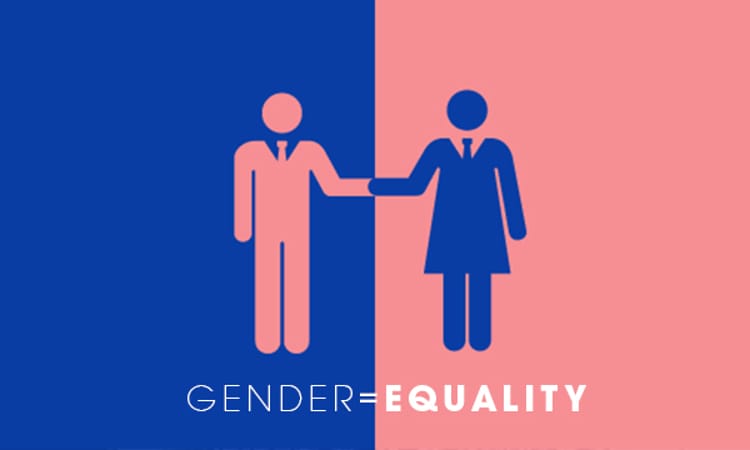In this modern era of unprecedented technological advancement and societal progress, it remains both perplexing and disheartening to witness the ongoing struggle for gender equality. The belief that we have achieved true gender equality is a mirage, masking the harsh realities of discrimination, prejudice, and disparities that continue to persist in societies globally.
While we have made considerable progress compared to the days when women were denied fundamental rights such as education and suffrage, the contemporary world still grapples with systemic gender bias. For instance, the gender pay gap is a glaring example of this inequality. According to the World Economic Forum’s 2021 Global Gender Gap Report, it would take an estimated 135.6 years to close the gender gap worldwide if we continue at the current pace. This sobering fact reminds us that our journey towards equality is far from complete.
Furthermore, in boardrooms and political arenas around the world, women continue to be underrepresented. According to the United Nations, as of 2021, women made up less than a quarter of parliamentarians worldwide. In the corporate sector, the situation is no better, with women accounting for only 29% of senior management roles globally, according to a study by Grant Thornton. This underrepresentation underscores systemic barriers hindering women’s progress, and it is an issue that demands urgent attention.
However, the fight for gender equality is not solely a women’s issue; it is a human rights issue that affects us all. Gender stereotypes and expectations also unfairly limit men, who often feel pressured to conform to traditional masculine norms. The harmful consequences of these societal pressures are evident in higher rates of suicide among men and lower life expectancies compared to women.
Furthermore, it is crucial to acknowledge that the struggle for gender equality goes beyond the binary. The rights and recognition of transgender, non-binary, and gender non-conforming individuals are often overlooked. The discrimination and violence faced by these communities serve as stark reminders that the battle for gender equality is more comprehensive and intricate than often acknowledged.
Nonetheless, progress is not merely a dream. Across the globe, we witness glimpses of hope in the form of policies advocating for equal pay, initiatives promoting women’s participation in leadership roles, and an increased societal recognition of the rights of transgender and non-binary individuals. These advancements are commendable, yet there is a long road ahead.
Gender equality is not a zero-sum game. It is not about taking from one to give to another, but about ensuring equal opportunities, rights, and respect for all, regardless of gender. It is about recognizing that every individual possesses unique capabilities and talents that should be nurtured and valued equally.
To progress along this path, we need concerted efforts from governments, corporations, and individuals. We must challenge outdated stereotypes, support policies that promote equality, and cultivate an inclusive culture that values diversity.

Gender equality is a fundamental human right that all members of society are entitled to. It encompasses justice and equality among all individuals in society. Gender equality is vital to achieving a vision of a society where everyone has an equal right to survival, security, growth, and participation. Over the years, gender equality and women’s empowerment have been at the forefront of progressive political ideologies.
While in developed countries, the campaigns for gender equality may not have been as prominent in recent decades due to the integration of women into various human endeavors, social and political processes, the demands for women’s rights and liberation from the societal and institutional constraints have not waned. Amidst the agreements and disagreements on what truly constitutes women’s empowerment and emancipation, there has been some progress despite clashes of cultural values. Since the idea of women’s emancipation began to take root and later evolved into a global trend, the subject has been the focus of extensive debates and discussions.
The symphony of gender equality remains unfinished. Its completion requires each one of us to play our part. Let us strive to create a world where gender does not determine one’s opportunities or limitations—a world where equality is not just an ideal, but a reality. The time to act is now. We owe it to ourselves and future generations to ensure that the melody of equality resonates across all corners of the globe.
Authored By Mool Raj (Author is a lecturer, columnist, and social activist.)



